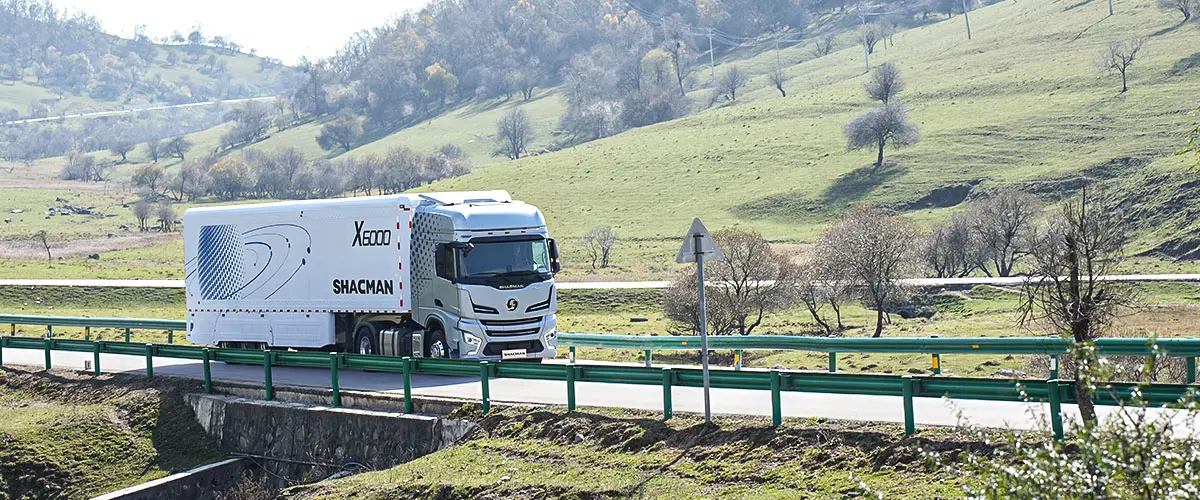In Chile, evolving emissions regulations for heavy-duty trucks and buses underscore the nation’s growing commitment to sustainable transportation. These standards apply to vehicles with a gross weight of 3,860 kilograms or more, operating on public roads for passenger or cargo transport. Over the years, Chile has steadily tightened emission limits to align with international best practices while addressing local environmental priorities.
From Regional Beginnings to National Compliance
Chile’s regulatory journey commenced with regional emission limits for the Santiago Metropolitan Region (RM) and Regions IV to X. These localized standards laid the groundwork for broader regulation, which took effect nationwide in 2006.

Differences Between Diesel and Otto Cycles
While emission standards for heavy-duty diesel engines have grown increasingly stringent, those for Otto cycle (spark-ignition) engines have remained largely unchanged. This disparity reflects a persistent regulatory gap, particularly as alternative fuel technologies continue to evolve.
Dual Certification Pathways: Chile permits manufacturers to certify engines using either the EU-based (ESC + ETC) or US-based (FTP) engine dynamometer test cycles. This dual certification pathway enables manufacturers to align with international markets and existing technology platforms.
Next-Generation Standards: 2026 and Beyond In 2024, Chile finalized new national emission standards aligned with the U.S. EPA 2010 and Euro VI benchmarks. These updated requirements take effect on January 6, 2026, for both compression-ignition and spark-ignition heavy-duty engines, marking a decisive step toward low-emission technologies.
Legacy Compliance for 2012-2026 Vehicles: For vehicles first registered after January 2012 but before the 2026 regulations take effect:
1. Particulate Matter (PM) emissions must meet Euro IV or U.S. 2007 standards
2. Nitrogen oxides (NOx) limits remain at Euro III or U.S. 1998 standards
Engines initially certified exceeding these PM emission standards may still comply if retrofitted with a diesel particulate filter (DPF) approved by the Swiss Federal Office for the Environment (FOEN) or validated by the California Air Resources Board (CARB) to meet Tier 3 standards. These filters must reduce PM emissions to values not exceeding regulatory thresholds. Importantly, this represents an optional compliance pathway rather than a mandatory retrofit requirement for vehicles registered prior to 2012.


